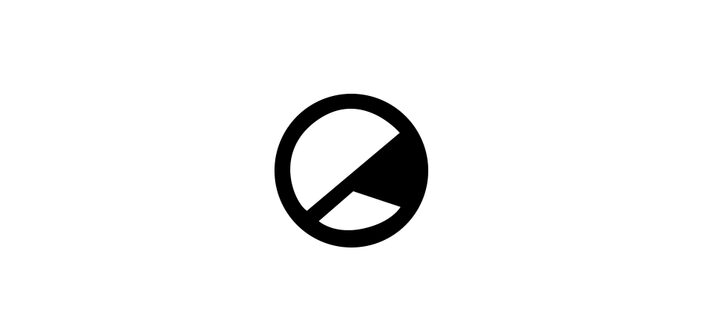With the rising popularity of anime, from Makoto Shinkai’s works such as Weathering With You (2019) and Your Name, to Studio Ghibli’s Spirited Away and of course My Neighbour Totoro, Japan seems to be dominating western cultures’ interaction with East Asian cinema. However, Chinese cinema has a lot to offer and should hold equal importance amongst anime. From arthouse to politics, documentary to crime, Chinese cinema has it all; here are some of the best Chinese films.
If we’re talking Chinese cinema, Jia Zhangke has to be named as one of the most significant directors. He’s often considered a leader of the ‘sixth generation’ of Chinese cinema – a movement post-1990 which saw a return to ‘amateur’ filmmaking, due to censorship and low budgets. A personal favourite of Zhangke’s is The World (2004), which is set in the Beijing World Park, and follows the life and romance of two park workers, security guard Taisheng (Chen Taisheng) and his girlfriend and performer Tao (Zhao Tao). The film tackles love, marriage, migration, prostitution, betrayal, and death, all whilst highlighting the rise of technology and globalisation, and what this means for Chinese society. What is most notable about The World is its superb blending of animation with normal footage – it’s an aesthetically pleasing watch, which will certainly get you hooked not just on Zhangke’s work, but intrigued to explore Chinese cinema further.
Another wonderful film is Lou Ye’s Suzhou River (2000). Set along a polluted river near Shanghai, this romance/drama follows a young motorcyclist Mardar (Jia Hongsheng), who transports the teenage daughter of a criminal, Moudan (Zhou Xun). Caught up in feelings and plans of kidnapping and ransom, Mardar loses Moudan who drowns in the river Suzhou… or does she? This movie will keeping you guessing, and you will likely leave it with more questions than before you began screening. It’s no surprise that Ye took inspiration from Alfred Hitchcock’s marvellous Vertigo for this thrilling, nail-biting, and somewhat confusing romance. For any fans of the classic Hollywood cinema period, wishing to re-live their favourite romance for the first time – Suzhou River is certainly for you. It merges American inspiration with the artistic and political wonders of Lou YE, making for an easy gateway into Chinese cinema.
If documentaries are your thing, look no further than Jiuliang Wang’s Plastic China – an emotional look into the lives of Yi-Jie’s family, working long hours at a plastic recycling waste site whilst living amongst the waste, and their boss Kun. 11-year-old Yi-Jie dreams of going to school, and keeps herself entertained with broken Barbie dolls to talk to. Despite her father’s promise of sending her to school five years prior, he is yet to deliver; all his spare money instead is spent on alcohol. It is a heart-wrenching look into the lives of those living amongst our waste, working with their bare hands and putting their lives at risk simply to do it all again the next day. But it importantly reminds us that “we are all in this together, and we all play a part in this ever changing world”.
Though this is nowhere near an extensive list of Chinese films, it hopefully gives an insight into what Chinese cinema has to offer, and proves why it should be just as popular as other East Asian cinemas like South Korea currently are. Most importantly, it has hopefully indicated that Chinese cinema is far more complex than what it is probably stereotypically known for – Jackie Chan (though filmed in Hong Kong, this is technically under Chinese rule) and wuxia movies.




